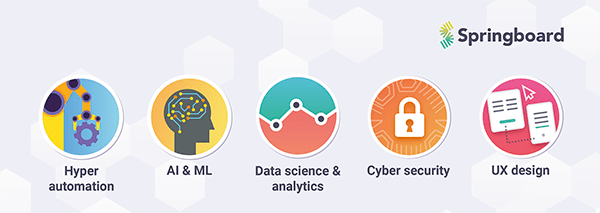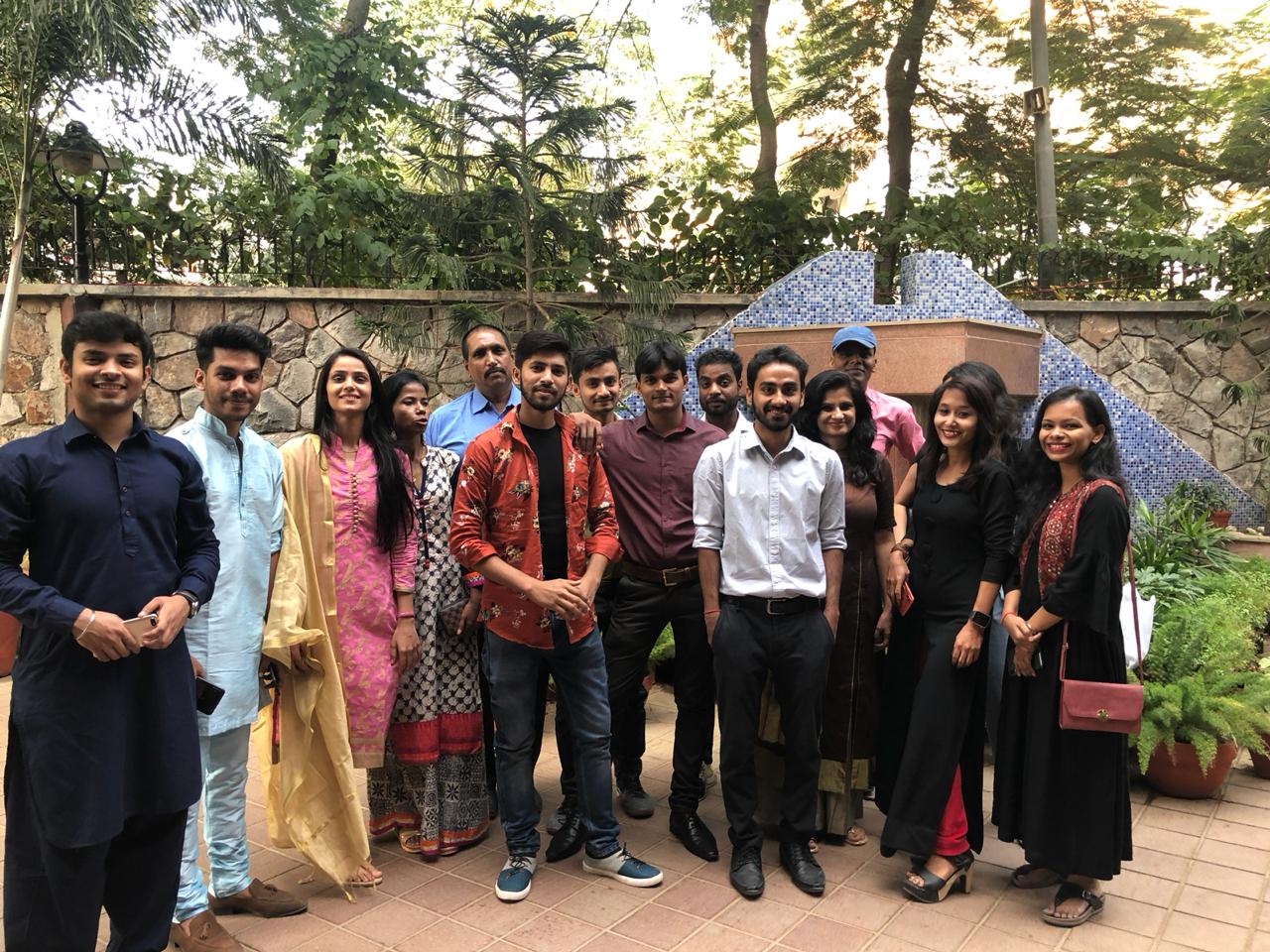Ticklish Robots | Rubik’s Cube Solving Machines | Facial Recognition Software To Identify Matter In Space | Social AI In Pediatric Healthcare
Bengaluru, NFAPost: Human civilisation is going through a revolutionary phase as there is technological transformation is disrupting both life and business.
Here, India like countries will have to be cautious as there is a scope for leapfrogging as we are not troubed by any legacy issues. Here we can see the class example of Aadhar project. It is really changing the personal identity and multiple applications are build around it.
Even though our regulatory system is yet to take leverage of these challenges it is time for Academia, Policy makers and Business establishment should work in tandem for the furture of India so that we should not repeat the history as we failed miserably to catch up with the industrial revolution.
Future technologies like artificial intelligence (AI), machine learning (ML) and automation have seen a significant real-world impact in 2019. And they continue to mature rapidly. India has the edge here as we have large number of softer experts.
Indian Staffing Federation (ISF) predicts that 7 million people will be employed in the information technology sector by 2023, with growth coming mainly from the aforementioned future tech.
Yet, more and more industry reports find that skilled personnel — like data scientists, data analysts, machine learning engineers, etc. — are difficult to find. Indeed reports that 30% of jobs requiring tech skills in India are currently ‘hard to fill’. In this blog post, we’ll present our top five job-oriented future technologies you must learn in 2020.
Future technologies to Learn this New Year

1. Hyper-Automation
Gartner’s first prediction in the ‘Top 10 Strategic Technology Trends for 2020’ is hyper-automation — ”a combination of multiple machine learning (ML), packaged software and automation tools to deliver work.” Hyper-automation builds on RPA, combining business process management (BPM), AI, ML and data science to seamlessly automate multiple processes within a coherent organizational context.
For instance, in a hyper-automated logistics company, trucks can be dispatched automatically based on traffic or weather predictions of the journey. FedEx is experimenting with something similar to hyper-automation — combining autonomous tugs, motion sensors, computerized maps, 3D cameras, high-speed camera tunnels, data analytics engines etc. for end-to-end automation at scale.
IN 2020, existing automation professionals must leverage their tech skills like C, C++, Selenium, Cucumber, RestSharp etc, and BPM experience to move into more holistic hyper-automation projects, for more meaningful and impactful careers.
2. Artificial Intelligence (AI) and Machine Learning (ML)
A group of researchers at Saarland University, Germany, are building an artificial intelligence-based system that can predict local thunderstorms more precisely than before — potentially saving hundreds of life from natural disasters. In business too, indigenous start-ups like Lily AI and Vue. AI are disrupting retail and e-commerce with AI. And this is just the beginning.
AI and ML are bringing never-seen-before efficiencies across industries. Skilled professionals are being actively head-hunted — Python programming, data mining, statistical analysis, predictive modelling etc. are in great demand. Yet, in India alone there are over 4000 AI jobs lying vacant due to lack of suitable candidates for over a year, finds a study by Analytics India Magazine.
3. Data Science and Analytics
“Data is the voice of the customer, data science is the interpretation of that voice,” said Riley Newman, former head of data science at Airbnb. Data scientists have come a long way from being numbers nerds; they are now collaborating strongly and meaningfully in digital product development. In the near future, data science will no longer be a reactive ‘analysis’ process, but a proactive and predictive process, fundamentally impacting the business itself.
At that point, there will be a great demand for people with data science skills — Analytics India Mag predicts that that there will be over 200,000 data science jobs in India in 2020. Skills in database querying, programming with R and Python, data wrangling with Pandas, data manipulation with MapReduce, statistical inference, correlation and regression, will be in demand. Professionals a strong sense of business application will find better jobs sooner.
4. Cyber Security
The threat of hacking is more real and immediate today than ever before. In 2017, smart refrigerators were hacked to distribute porn. More recently, security cameras were hacked to launch a distributed denial of service (DDoS attack). As business and governments alike are going digital, cyber security is a fast-growing and inevitable need.
Cyber security, today, includes data security, architecture planning, network security, application security, disaster recovery etc. A typical cyber security job expects skills in forensic concepts, testing and troubleshooting tools, crypto-algorithms etc. It would be an additional boost if professionals stay abreast of the latest conversations and philosophies in cyber security like ethical security, ML model theft etc.
5. User Experience Design
In 2020, user experience (UX) design will go far beyond developing websites and mobile apps. Augmented reality technology is coming to life: heads-up displays (HUD) and their driver assistance applications are being beta-tested, Apple recently announced their roadmap for an AR headset. As the multi-channel UX market matures, designers will be called to develop experiences for a wide range of channels beginning with web and mobile apps, but expanding across smart TVs, AR headsets, cars, or even voice assistants.
Jobs will be aplenty for UX designers with multi-disciplinary skills across customer psychology, visual design and research to build engaging digital applications using tools/programmes such as Adobe XD, Sketch, InVision, HTML, CSS, JavaScript etc.
From multinational enterprises such as Amazon, Cognizant, IBM etc. to startups like Automation Anywhere and UiPath, companies in India are in constant need of skilled technology professionals. Even as you’re reading this blog post, hundreds of thousands of jobs are vacant in these five technologies, and the opportunities are sure to grow.
Without the formal education system to teach these technologies, and the lack of time in the industry to learn from experience, individuals are often expected to invest in themselves for upskilling — either through personal projects, hackathons, or other online learning programs.
Springboard’s mentor-led, project-based data science, data analytics and AI/ML career track are industry-focussed job-oriented online learning programs, designed to prepare you for a meaningful and successful career in future technologies.
(This article is based on inputs from Springboard blog)





